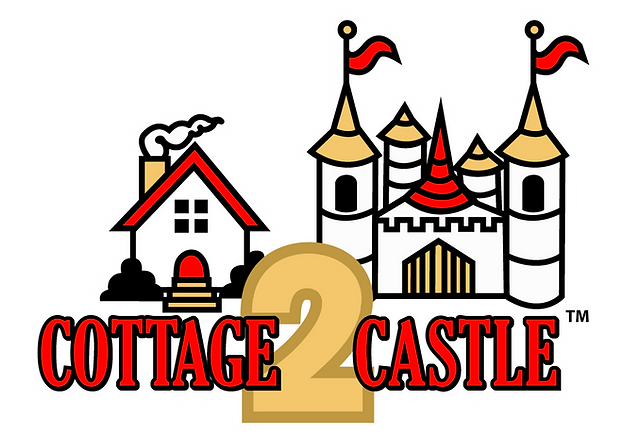Everything You Need to Know About What Home Inspectors Look for
Use This Guide To Learn What Home Inspectors Look For
When buying a house, a home inspection is essential to make sure it's safe and properly up to code. Home inspectors look for a variety of issues, from structural integrity to electrical safety, in order to identify potential problems that need fixing before the purchase is complete. Read on to discover some key points that will help you prepare for the home inspection process.
Structural Integrity and Foundation
Structural integrity is a crucial part of the home inspection process and inspectors will look for signs of damage due to poor craftsmanship, water damage, or the natural aging process. The inspector will inspect all visible parts of the house and foundation such as walls, floors, ceilings, stairs, and doors for signs of wear-and-tear.
Exterior of Home
Exterior home inspections are a key part of the overall process to check for any visible signs of damage. Inspectors will look for evidence of water infiltration, such as stains on walls or roofs, loose mortar around bricks, clogged gutters and downspouts, rotting wood, cracked foundations, and leaking windows. They’ll also inspect decks and patios for danger and stability. In addition, inspectors will evaluate grade levels, drainage paths, and sump pump conditions.
Roof, Attic, and Interior of Home
A home inspector will inspect the roof and attic of a house to check for missing or broken shingles, ventilation issues that could lead to mold or water damage, and any deterioration or damage. They’ll also look inside the home's walls to check insulation levels, air leakage, electrical wiring and outlets, and plumbing fixtures. The inspector will also examine doors, windows, floors, ceilings, and walls for signs of water damage, gaps in insulation, improper installation techniques, mold or mildew problems.
Plumbing, Electrical, and HVAC Systems
During the home inspection, a professional will inspect plumbing, electrical and HVAC systems in the house. They’ll check all exposed visible plumbing components, making sure there are no corrosion or leak issues. The electric wiring and outlets will be checked to make sure they are up to code and not overloaded with plugs. Lastly, the inspector will test the performance of the HVAC system and ventilation as these may require some repair work, such as changing air filters or cleaning ducts if needed.
Safety and Health Hazards
Home inspectors will also look for any health and safety hazards that may be present in the home. This includes checking for carbon monoxide and radon levels, testing smoke detectors, and looking for signs of mold or pests. In addition, they’ll inspect the foundation for cracks and settlements to determine if there is any structural damage to the home. The inspector will also check all handrails, stairs and decks, ensuring that they pass safety standards.
Are you looking for a nationally licensed home inspector to ensure your new home is ready for move in? Look no further than Cottage 2 Castle Home Inspections. Home Inspector Mike Weimals has over 25 years of experience in working with homes and will ensure your home is ready for your family. Give him a call today.

